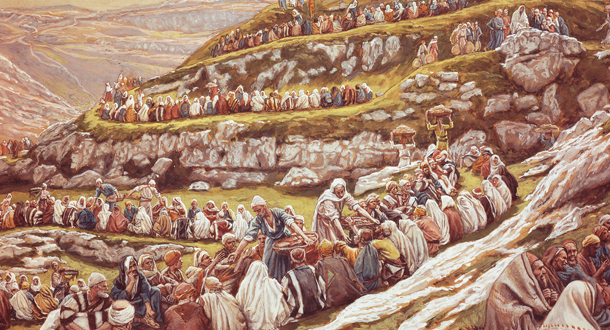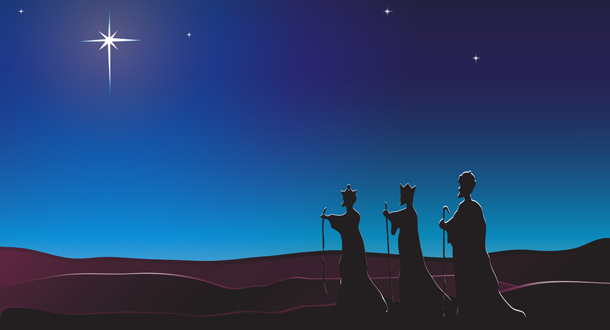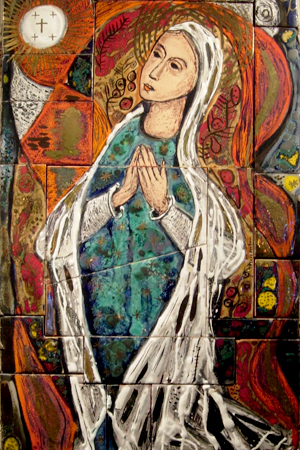
Scripture:
Reflection:
He said to them in reply, “Give them some food yourselves.” But they said to him, “Are we to buy two hundred days’ wages worth of food and give it to them to eat?” –Mark 6:37
In today’s gospel we hear the story of the miracle of the feeding of the 5000. This wondrous act often overshadows and drowns out the curious exchange quoted above. This comes just before the miracle. Jesus’s disciples make, what seems to them to be a very reasonable, suggestion. “Send these people on their way so that they can purchase food for themselves.”
But, as usually happens, Jesus turns the entire situation on its head. He blithely tells his disciples to feed the crowd themselves. It’s interesting to note that the disciples don’t reply, “We don’t have enough money to buy that much food,” but, “Do you expect us to spend that much money on these people?” Perhaps they do have enough money in the coffers. Perhaps they’re thinking of what they need to keep their ministry afloat. In any case, what they don’t say is, “Lord, we don’t see how this is possible. Please show us the way. “However, that’s exactly what Jesus does. He asks them to find out how much they have and then goes about giving it away. Lo and behold! there is enough for everyone, with even some left over.
There’s an oft-quoted saying that God never asks us to do something that’s beyond our capabilities. I had a dear and wise friend, who has since passed, who told me once, “It isn’t until you say “yes” that God sends his angels to your aid.” I wonder sometimes how much easier my life would be if, when faced with a seemingly impossible situation, I said “yes” and asked the Lord to show me how, instead of complaining that I don’t have enough.
My prayer for today (and the rest of this coming year) is that I recognize the folly of “I’m not enough” when I’m faced with challenging situations and pray to the Lord to show me how.
In addition to being an independent teacher (now online!), Talib Huff is on the retreat team at Christ the King Passionist Retreat Center In Citrus Heights. You can contact him at [email protected].







